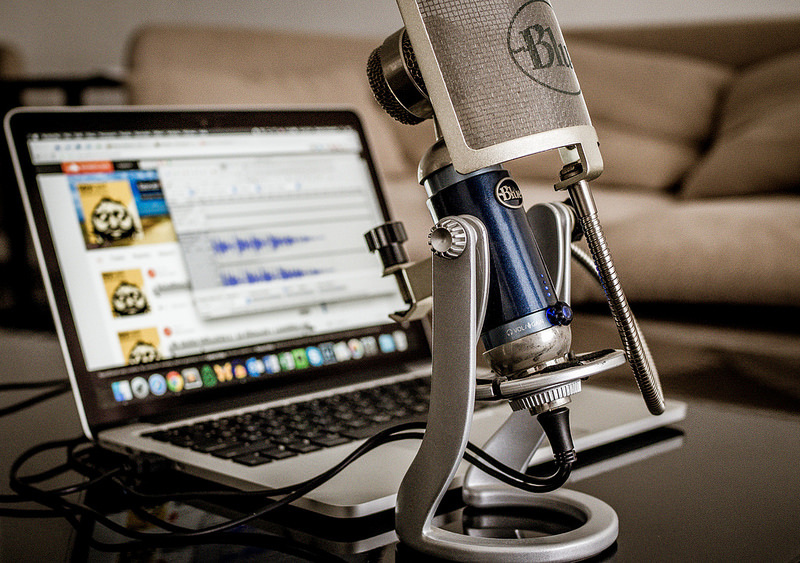| Spring is when “a young man's fancy lightly turns to thoughts of love,” to quote Alfred Lord Tennyson. For the rest of us older folks, thoughts turn to taxes, which, despite the fickle and unpredictable nature of matters of the heart, can be more complicated. Complicated and, unless you stand to get a big return, boring. If you’re a procrastinator (you have one month from yesterday to file your returns), you may wish to fill some idle time examining what the Utah Legislature did this year to state and local taxes. |
| | The answer is, not much. There, now you have to find something else to do to fill time until you, or your accountant, attacks those forms. I predicted it would be a quiet year for taxes in Utah, which was about as hard as predicting the summer Olympics will be held this year. No politician wants a tax hike fresh on voters’ memories in an election year. However, one particular bill is worth noting. Lawmakers again unsuccessfully tried to attach a sales tax to online purchases made in Utah from out-of-state businesses with a local presence. HB235 never made it out of the House, despite the enthusiastic support of prominent political leaders, including Utah Rep. Jason Chaffetz, who has been trying to pass a similar bill in Washington to help local governments. If you think income taxes are complicated, you haven’t had to collect sales tax from customers who live in every corner of the land, where state and local taxes are as different as the weather. Software exists to keep track of all this, but it comes at a price and requires constant updating. And if you think this issue is boring, you’re obviously not a successful local blogger, or someone worried about the local economy. Supporters of HB235 said the state loses about $200 million annually because people here buy things online without paying sales tax. Yes, the law requires people to pay those taxes voluntarily, but few do. But the money isn’t important to the politicians who support this. Fairness is the issue. That’s what they keep saying, and to prove it, they made it so Utah’s plan would have required the state to reduce the sales tax rate for everyone, just to make sure no government collected more because of Internet sales. In the meantime, however, online retailers supposedly have an unfair advantage because they sell items tax-free. So why does this effort continually fail? If you ask Christine Harbin of Americans for Prosperity, the conservative advocacy group owned by the Koch brothers, it is because Utah’s proposed law would have classified any company as a Utah company if it used a third party vendor to do business here. If you use FedEx of UPS to deliver an item here, for example, you would qualify. Writing for Forbes.com, Harbin said this made Utah’s bill “among the worst” in the nation, from her point of view. Indeed, when the bill surfaced in the House, several local bloggers complained, saying they profit by partnering with Amazon.com to sell items. The bill would have made Amazon a Utah business, which would have threatened their relationships with the retailer. Fox13 quoted one blogger saying she came here to escape a similar law in California and would have to leave Utah for greener pastures if the bill passed here. Comments like that, along with a general ambivalence among the public (a Utah Policy poll this month found 50 percent of Utahns oppose taxing Internet sales, with only 40 percent in favor and 10 percent undecided), likely sank the bill. Expect it to return later, however. Politicians tend to connect tax policies with economic growth. On the surface, this makes sense, but it’s hard to prove. California, with its high taxes, has begun to boom again despite it all. Utah has an enviable unemployment rate of about 3.5 percent. No one wants to upset a good thing. Still, the Tax Foundation, calculating taxes as a percentage of income, just ranked the state as having the nation’s 21st highest state and local tax rates. As I said, it’s complicated. But it’s boring only if you don’t care about your money. |


 RSS Feed
RSS Feed

